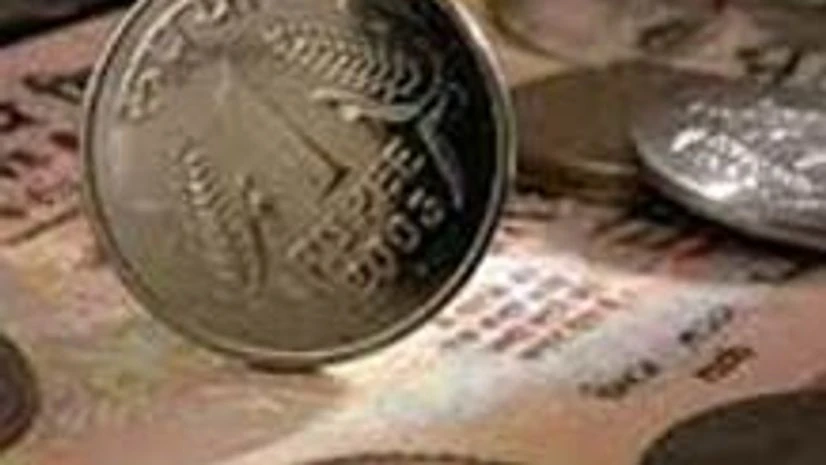A day after Wipro Chairman Azim Premji threw his weight behind the rich tax, Finance Minister P Chidambaram today found arguments for taxing the rich a little more worth considering. “I think we should have stability in tax rates but we should consider the argument that the very-rich should be asked to a pay a little more on some occasions,” Chidambaram told CNBC-TV18.
Chidambaram also did not reveal his Budget plans in this respect, saying, “That is not the view (on the rich tax) I am expressing. That is simply the argument I have heard and I am repeating.” He also said the tax rates announced in his dream Budget in 1997 have survived four governments and as many finance ministers.
“I believe in stable tax rates. However, I must concede that there is an argument, underline the word argument, that when the economy and government require more resources, the very rich willingly should pay a little more,” he said.
C Rangarajan, the Prime Minister’s Economic Advisory Council chairman, had first mooted the idea of taxing the super rich a little more, drawing a mixed response.
Yesterday, at the World Economic Forum in Davos, Premji had said the super rich tax sounds like a right thing to do politically. He, however, had said he did not actually know if it would come up in the next Budget.
India currently has three income tax rates — 10 per cent, 20 per cent and 30 per cent, announced in 1997.
More From This Section
The issue of taxing the rich also sparked off a debate as to what should be a threshold of income over which a person be considered “rich” or “super rich”.
Rangarajan had earlier stated that one needed to examine how a threshold could be calculated.
To a query whether he is in favour of rejigging tax slabs, Premji had said, "It depends on what rate do they start, but in terms of the super-rich, I think there is a legitimacy in a country as poor as ours".
If one bases the method of defining the super rich in the US — annual income of an individual which is 3.5 times the country's per-household gross domestic product - then even those earning close to Rs 13 lakh a year may get higher tax in India.
In fact, a surcharge at the rate of ten per cent used to be imposed on those earning above Rs 10 lakh a year till 2008-09.
Rangarajan had said there were two ways to look at taxing high-income people. “One is to introduce a new slab for the super rich, like in the US; the other is to keep the same slab and impose a surcharge on that limit.”
However, one needs to look at the income tax returns and see whether or not substantial tax would be collected, he had said.

)
